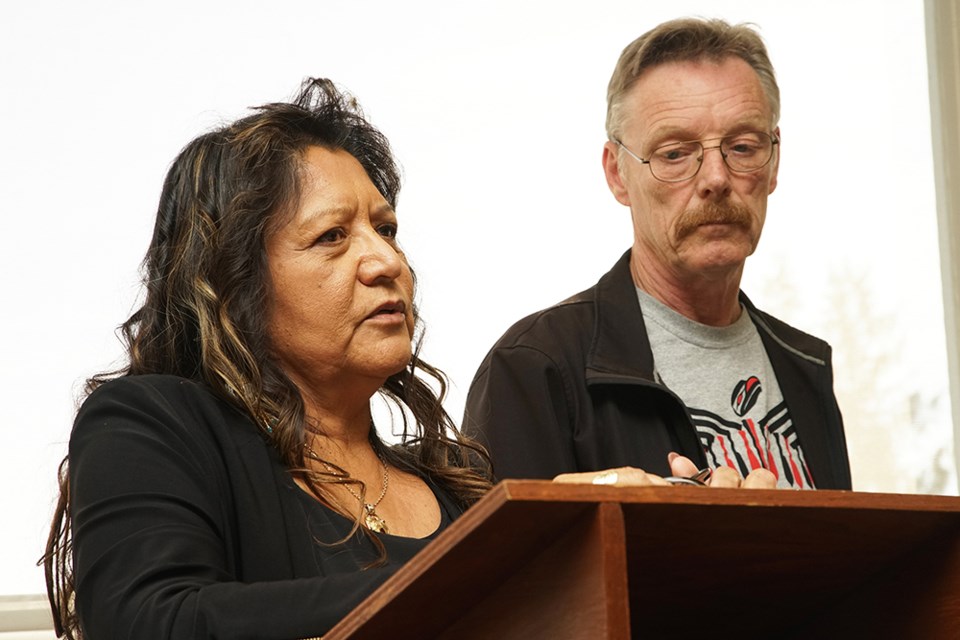Tla’amin Nation and the hɛhɛwšin project are organizing a daylong session called Tooms Tiyah, meaning “where we are from,” for qathet region service providers.
The session is taking place from 9 am to 4 pm on November 10 at the Salish Centre.
Organizer Cyndi Pallen said that she, John Louie and Phil Russell have been working toward bridging relationships and helping people understand the impacts of colonialism through the hɛhɛwšin project as an act of reconciliation. She said as part of the process, various ceremonies have been conducted with the help and support of Tla’amin and the hɛhɛwšin community.
“We have been proactive in terms of providing teachings, presentations and protocols that reflect Tla’amin peoples’ traditions and culture,” added Pallen.
She said those attending the session will be situated in a safe environment to dialogue about Tooms Tiyah and hɛhɛwšin going forward.
“There is much work to be done as we seek to learn about ourselves, community diversity and colonial legacy impacts,” said Pallen. “This work will provide a safe space to communicate and work towards building a life, free from stigmas and the historical past.
“This project will be specific to the teachings of Tla’amin Nation. Our goal is to raise awareness in a good way and assist with the Indigenous healing and rebuilding initiative as proposed.”
Pallen said this is a way of making relationships and understanding.
“Because we have been working towards this for quite a while, we decided it would be good to do this session,” said Pallen.
She said Lift Community Services is one of the organizations that will be participating, and it is the sponsor. There will also be involvement from the mental health and addictions program, qathet General Hospital, Community Resource Centre and Powell River Public Library.
Pallen said she is hoping some of those attending will forward the registration form to other people who are interested in attending. Registration closes on November 7 at 4 pm. She said that those attending will be asked to bring something wrapped for lunch that can be shared.
According to Pallen, the hope is that meaningful partnerships can be built with community organizations and to bridge understanding of how Tla’amin people have been impacted.
“We thought perhaps that speaking in a safe environment, we would be able to communicate more and bridge relationships, because it’s about connecting with others,” said Pallen. “All this started in 2013 when the reconciliation started for the broader community.”
She said at that time, about 300 people attended a reconciliation session.



